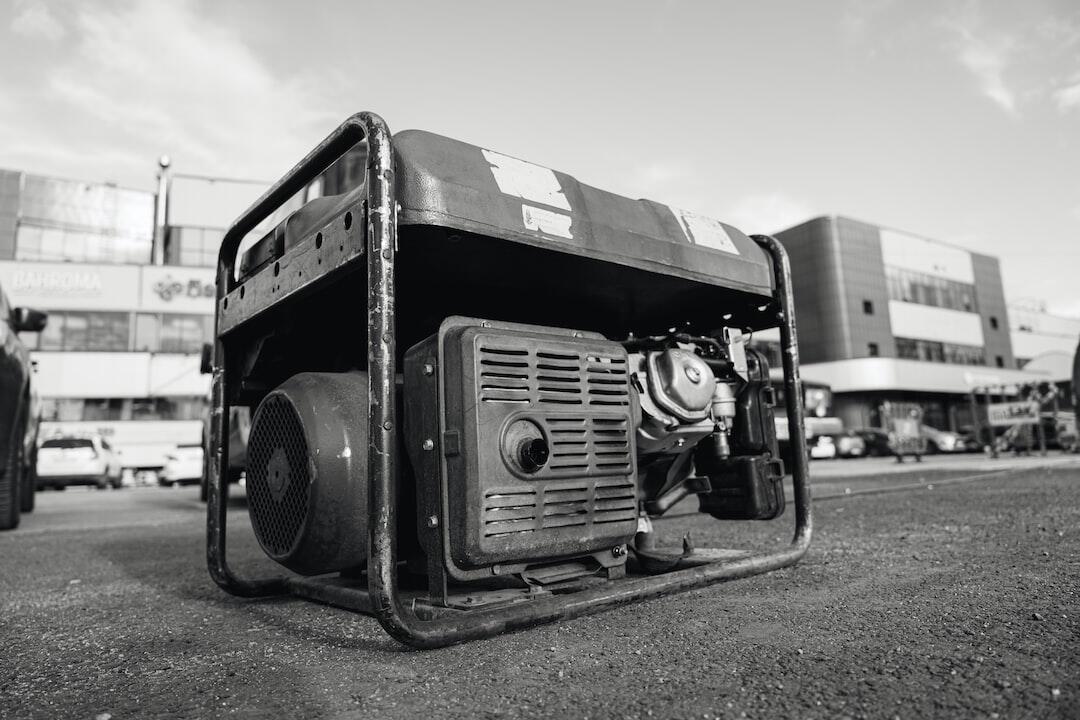According to the U.S. Census Bureau, 25% of households reported losing power to their home in the last year.
Understanding the right generator size for your home is crucial to ensuring you have enough backup power when it matters most.
Today we’re taking a closer look into how to determine the ideal generator size for different home needs, covering everything from assessing your power requirements to exploring the best portable and whole-house options.
Understanding Power Needs: What Does Your Home Require?
Knowing how much power your home needs is the first step to picking the right generator size. Without this information, you could end up with a generator that’s too small, leaving important appliances without power, or one that’s too large and more expensive than necessary.
There are three main factors to consider when figuring out your home’s power requirements:
- The types of appliances and systems you plan to run
- The wattage needs of each appliance
- Whether you need continuous or peak power
The Types of Appliances and Systems
To determine your power needs, you should think about which appliances and systems are most important during an outage. Most homes will want to keep essentials running, like refrigerators, freezers, heating and cooling systems, and some lighting. Homes with medical equipment or sensitive electronics may also have to factor in those devices.
Generator Size for Home Appliances
Each appliance has its own wattage requirement, which plays a major role in deciding what size generator is best for your home. Larger appliances like refrigerators, air conditioners, or electric water heaters need significantly more power than small items like lights or chargers.
Most appliances have labels showing their wattage, or you can find this information online. Once you know the wattage, it’s easier to calculate your overall power needs.
Continuous vs. Peak Power
Another important factor is the difference between continuous and peak power. Some appliances use more electricity when they start up than when they’re running.
It’s called peak power. Your generator must handle these brief surges to keep your appliances running smoothly. Make sure to include a margin in your calculations to account for this extra load.
Generator Size Guide: How to Choose the Right Size
Choosing the right size generator depends on a few key factors that can make a big difference. You’ll need to know how much power your home uses, the safety margin required, and how your generator will be used.
Here are three main things to consider:
- Calculating your total wattage
- Adding a safety margin
- Deciding between essential and non-essential appliances
Calculating Your Total Wattage
To start, calculate the total wattage of the appliances and systems you want to run during an outage. This will give you a good idea of what generator size is best for your home.
Each appliance has a specific wattage, which can be found on the device itself or in its manual. It’s important to sum up all the appliances you plan to use at the same time. For example, running a refrigerator, lights, and a heater together will need more power than just the refrigerator alone.
Adding a Safety Margin
Once you know your total wattage, it’s smart to add a safety margin. It allows your generator to handle extra power when appliances need more electricity to start up.
It’s a good rule of thumb to add about 20% to your total wattage to make sure you don’t overload the generator. A safety margin ensures that the generator runs smoothly, even if some appliances briefly use more power than usual.
Essential vs. Non-Essential Appliances
Deciding between essential and non-essential appliances can help you choose a smaller generator. You won’t need a large generator if you only need power for basics like lights, heating, and refrigeration.
But you’ll need a larger unit if you want to power more items, like entertainment systems or non-essential electronics. Being selective about what you run can make a big difference in how large of a generator you need.
Portable vs. Whole House Generators: Pros and Cons
When it comes to choosing portable and whole-house generator options, each has its advantages and drawbacks. Both types of generators provide backup power, but they differ in terms of size, cost, and overall performance. Understanding these differences can help you decide which type is better suited for your home.
Portable generators are typically smaller and more affordable. They can be moved around and stored when not in use, which makes them a convenient choice for homeowners who only need backup power occasionally.
They usually run on gasoline, which means you’ll need to store fuel. While portable generators can power basic appliances, they might not be enough to run everything in your home at once.
On the other hand, whole-house generators are larger and can power your entire home, including heating and cooling systems. The generators are permanently installed and connected to your home’s electrical system, often running on natural gas or propane.
Because they start automatically when the power goes out, they provide seamless backup power without the need for manual setup. However, they are more expensive to install and maintain.
Both types of generators have their benefits, and the best choice depends on your power needs and budget. A portable generator may be enough if you want to power just the essentials. If you’re looking for a more comprehensive solution that covers your entire home, a whole house generator may be the better option.
Home Generator Buying Guide
Choosing the right generator size for your home is essential to ensure reliable power during outages. Whether you need a portable option or a whole-house solution, understanding your power needs will help you make the best choice to keep your home running smoothly in any emergency.
At A&A Gen Pro, our years of experience have given us a depth of knowledge in the generator field. Our certified professionals are all about quality service and expert advice for all of our customers in the Houston area.
Get in touch today to find out how we can help with all your generator questions!

